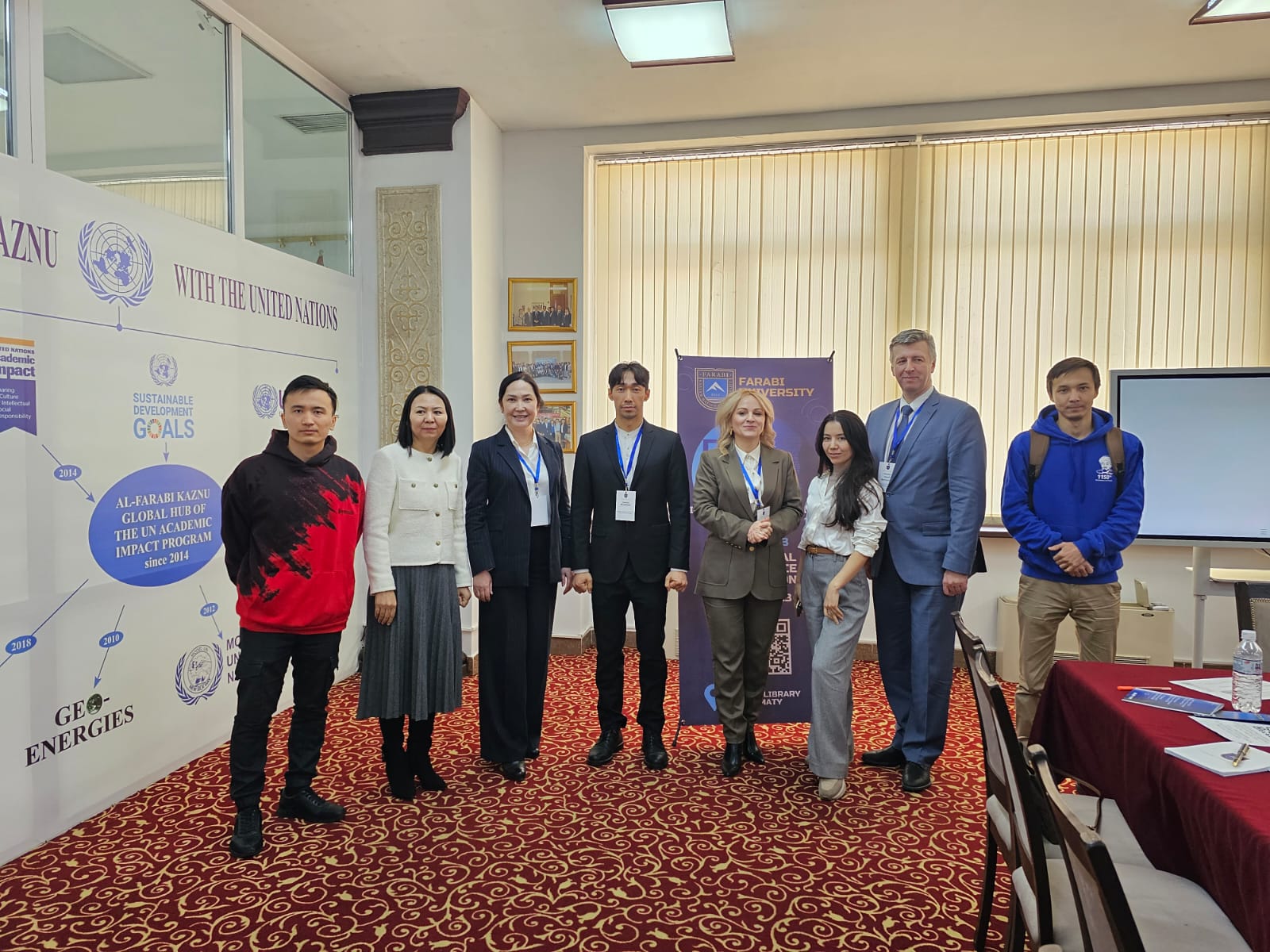Report on the Breakout session Section 3: Artificial intelligence and education

Moderator: Mansurova M.E.
General statistics
Date: February 23, 2024
Venue: Almaty, Al-Farabi Kazakh National University
Organizers: FIT KazNU.
Format of the event: mixed
Participants: representatives of the IT company, an expert of the international company PwC Central and Eastern Europe on management consulting in education and innovation.
Total number of participants: offline - 40 people, online – 5 people.
Purpose and content
The purpose of the Section is to discuss the role of artificial intelligence in education, opportunities and challenges for students and university teachers.
Main reports:
1. Nurbakyt Zhuldyzbayuly, Director of BUGIN HOLDING – "Plans and capabilities of AI in the Daryn.online project".
2. Daniyar Zhumabekov, Microsoft, Business development, Education, Public sector – "Artificial Intelligence in Education from Microsoft".
3. Ekaterina Kolesneva, Manager, Management Consulting in Education and Innovation, PwC Central and Eastern Europe – "Transformation of the educational sector" (online).
4. Krasnova Elvina, Association of Businesswomen of Kazakhstan - "Application of artificial intelligence and gamification in education".
5. Yuri V. Chekhov, Executive Director of the Antiplagiat company – "Antiplagiat System. Artificial intelligence technologies for detecting borrowings."
Summary of reports
The structure and prospects for the development of an educational platform for the new generation of Daryn.online. The project provides students with the opportunity to complete additional training.
Built-in Microsoft Copilots extension features. IVR support in conjunction with Dynamics Customer Support. General accessibility for generative actions. Rich integration capabilities with OpenAI GPT, as well as with new channels such as WhatsApp.
Two effective ways to realize the vision of our transformed university: (1) strategy and its implementation, (2) transformative projects.
Advantages of introducing gamification in education: Creating a higher level of student motivation and a comfortable environment. Improving student academic performance. Improving the memorability of information. Creating opportunities for instant feedback and personalization of learning.
Modern technologies for detecting text borrowings. The use of innovative artificial intelligence methods to identify cases of plagiarism in documents, scientific and student papers.
Conclusion:
The most pressing issues are the development and implementation of innovative educational programs using artificial intelligence technologies to improve the learning process and improve student academic performance.
It is necessary to create intelligent educational platforms and adaptive learning systems that individualize the learning process in accordance with the needs of each student.
It is necessary to implement machine learning methods to analyze student data in order to identify individual difficulties and provide personalized support.
Universities are recommended to organize educational events and trainings on the use of artificial intelligence technologies for teachers and administrative staff.